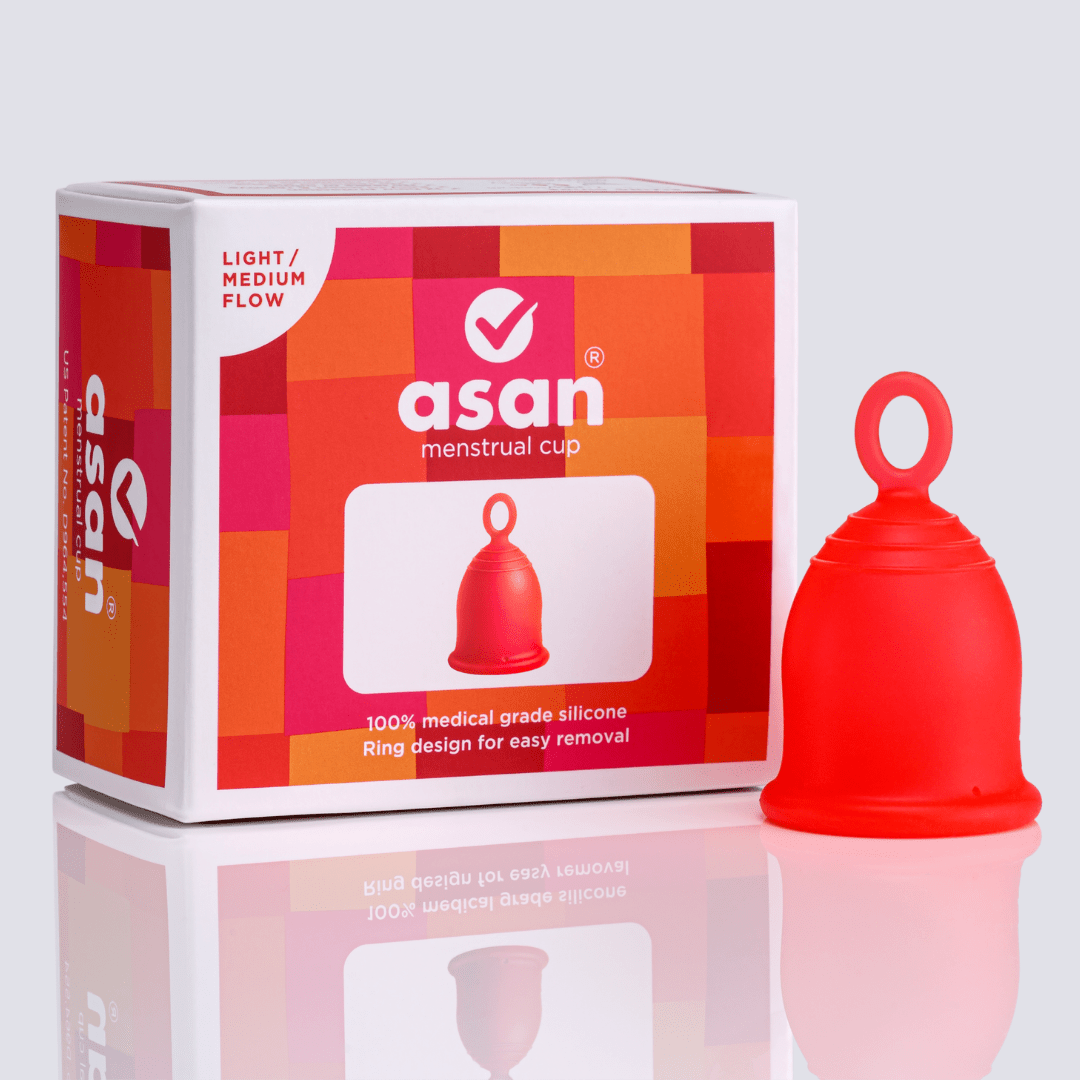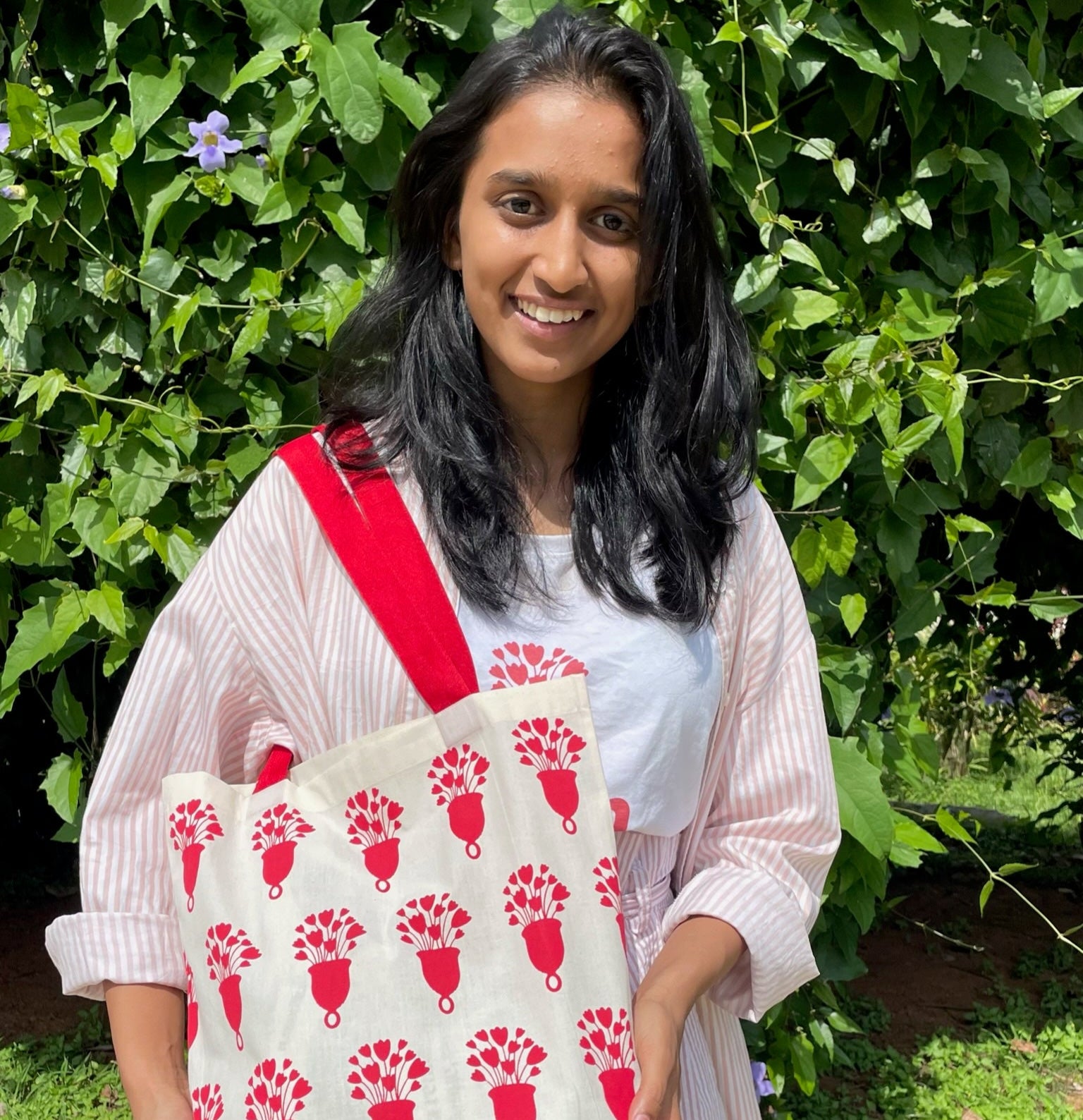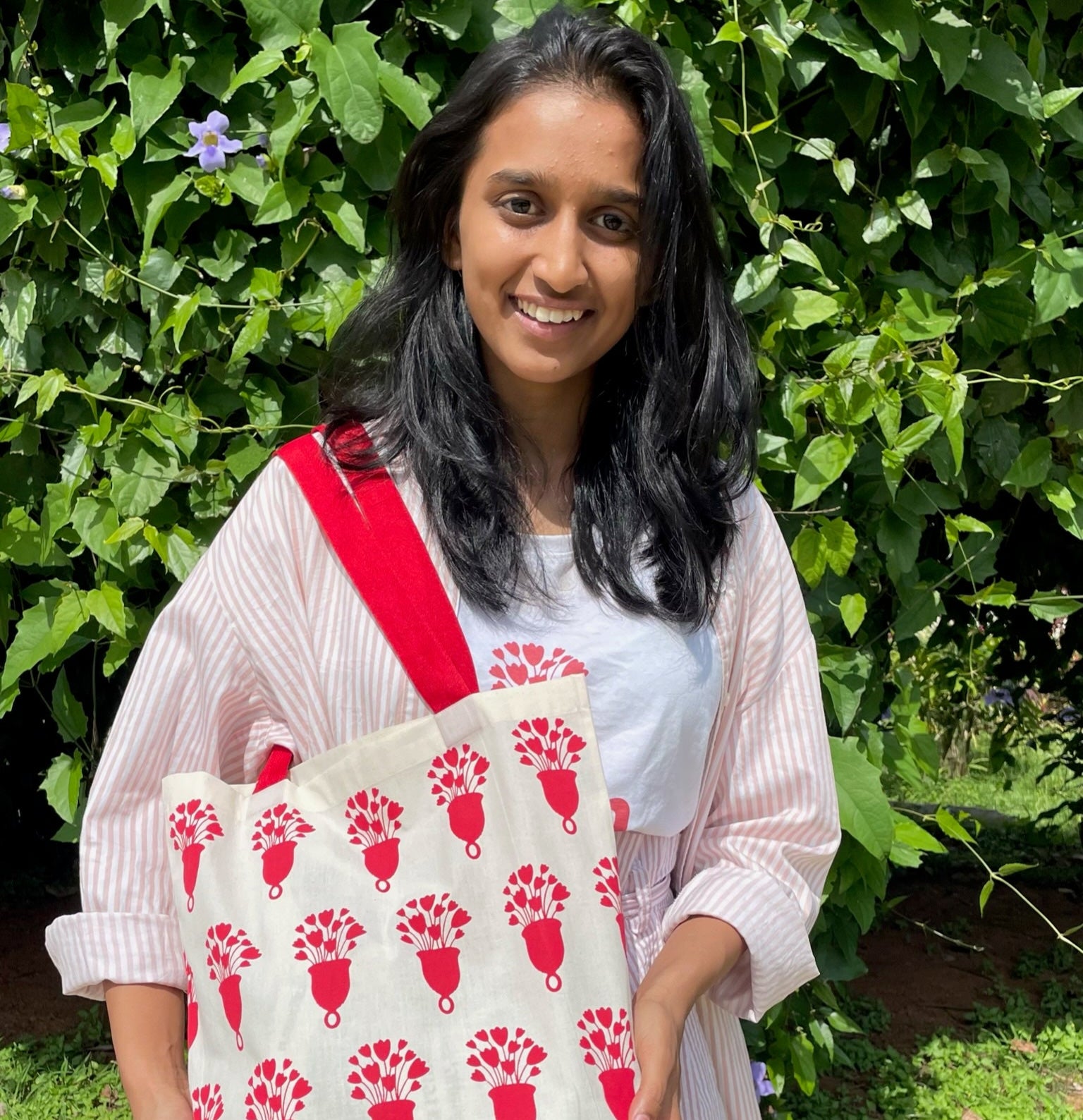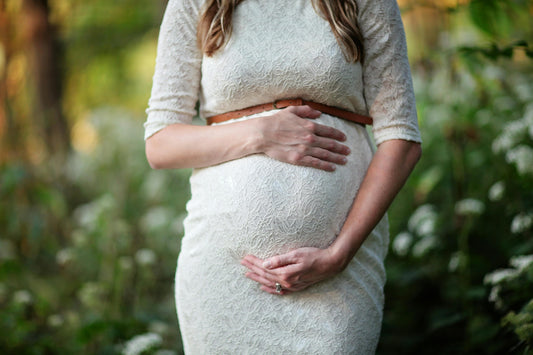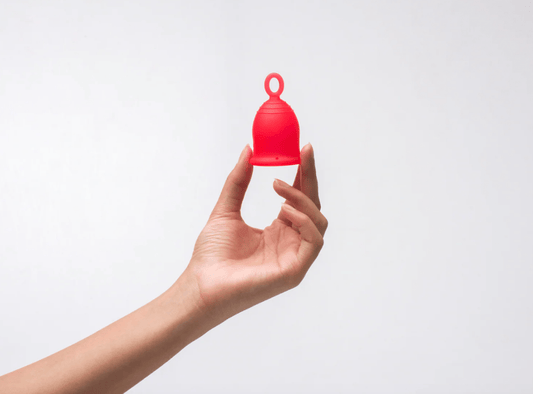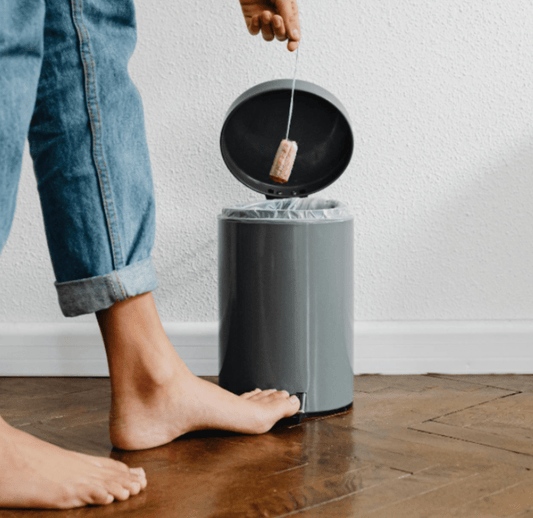 Did you know that Asan is not just a period product company? We’re actually a social enterprise working day and night on period poverty alleviation and menstrual justice initiatives.
Did you know that Asan is not just a period product company? We’re actually a social enterprise working day and night on period poverty alleviation and menstrual justice initiatives.
In this blog, we will dive into Asan’s work on menstrual health advocacy and nonprofit period product distribution. We will also discuss what exactly period poverty is, and strategies to overcome it.
To begin with – what exactly is period poverty?
At Asan, we define period poverty as not having a safe way to manage your period.
This isn’t just about access to menstrual hygiene products – it also includes access to a safe infrastructure (e.g. private toilets and running water), as well as a safe environment (e.g. a school and home environment that provides support and education around periods).
What do you mean by a “social enterprise”?
When we say that we are a menstrual care social enterprise, we mean that Asan goes beyond being a period product supplier, and works proactively on menstrual equity initiatives.
This includes our 1-for-1 donation program, where for every Asan cup we sell, we donate one for free and provide menstrual health education to a woman or girl in rural India.
We also have several subsidised social impact partnerships that have enabled us to provide sustainable period solutions to thousands of women in rural communities, across India and the world.
It is estimated that over a billion women, girls and non-binary people across the world suffer from period poverty – which in turn stops them from taking part in essential daily activities, such as going to school and work.
Asan envisions a world in which every single person – irrespective of income – can achieve their full potential, whether or not they are on their period.
So where does the Asan cup come in?
Designed at the Harvard Innovation Lab, the Asan cup is a reusable menstrual cup that is extremely easy to insert and remove. The Asan menstrual cup was ranked the #1 best menstrual cup globally by the Evening Standard in 2023.
As one cup lasts 10 years, it is extremely affordable and sustainable as compared to disposable pads and tampons. That’s what makes it one of the best period poverty solutions.
In addition to being affordable and eco-friendly, here are some further reasons why the Asan cup is well-suited to rural communities:
- It’s comfortable and leak-proof, enabling users to go about their day without worrying about changing pads or cloth
- There’s nothing to dispose of, which is great in situations where there are no dustbins or waste-collection systems
- It allows for privacy – as the cup is so small, no one in the community knows when someone else is menstruating
- It can improve health outcomes and reduce vaginal infections
How do Asan’s menstrual product donation programs work? Who sponsors them?
Our donation programs consist of free distribution of Asan menstrual cups, as well as menstrual health education.
We partner with women’s health NGOs who have decades of expertise and strong levels of trust among communities that experience period poverty. We focus strongly on community-driven menstrual solutions, which means that we consult members of the community on the best approach to designing an Asan cup programme.
We then work closely with our partners to implement long-term behavioural change programmes, that involve a holistic approach covering awareness around sustainable feminine hygiene, product distribution, feedback and follow-ups.
While many of our programs are sponsored directly by our customers (for every Asan cup that is sold, we donate one for free), other programs are sponsored by private funders and collaborations with other menstrual equity organisations.
Why does Asan focus on eco-period initiatives rather than regular sanitary pads?
As a period product social enterprise, Asan’s focus has always been on reusable rather than disposable options.
While most disposable pads and tampons are made from plastic, thanks to more recent feminine hygiene innovation, there are now several organic menstrual products and eco-friendly sanitary pads available.
While these may be ethical period products, they tend to be more expensive, and are therefore not a great solution for communities that experience period poverty.
The fantastic thing about the Asan cup is that it costs the same as a few months’ of tampons or pads, but can be re-used for up to 10 years. This is why it is one of the best solutions out there for solving period poverty – it is more affordable as well as more eco-friendly than any other period solution.
Testimonials
To help you better understand our work as a social enterprise, below are four testimonials from Asan cup users that benefited from our 1-for-1 donation program.
 “I used to be paranoid about periods. I would constantly ask friends to check for stains as I was afraid my pad would leak and boys would see. I felt so embarrassed carrying soiled pads in my bag, because there is no place to dispose them in college. Now with the Asan cup, all these fears have vanished. I never have to think about leaks or stains, and I don't have to dispose of anything. It’s made going to college so easy for me.”
“I used to be paranoid about periods. I would constantly ask friends to check for stains as I was afraid my pad would leak and boys would see. I felt so embarrassed carrying soiled pads in my bag, because there is no place to dispose them in college. Now with the Asan cup, all these fears have vanished. I never have to think about leaks or stains, and I don't have to dispose of anything. It’s made going to college so easy for me.”
Sonika, 20, Student
 “I used to use cloth pads and then shifted to pads. Both gave me rashes and a hurt a lot. To be honest, my periods were a complete nuisance, because they came in the way of every single routine. There have been a lot of benefits for me with the Asan cup. I find it very easy to use and it makes me forget that I’m even on my period. If anyone in the village wants to know how to use the cup, they can come to me.”
“I used to use cloth pads and then shifted to pads. Both gave me rashes and a hurt a lot. To be honest, my periods were a complete nuisance, because they came in the way of every single routine. There have been a lot of benefits for me with the Asan cup. I find it very easy to use and it makes me forget that I’m even on my period. If anyone in the village wants to know how to use the cup, they can come to me.”
Asha, 40, Housewife
 “The first time I saw this Asan cup, I did not know how to use it. In fact, I had never seen or imagined a menstrual cup and I thought I’d be wearing pads for the rest of my life! But I got the hang of it very quickly because my mother and sister were using it. I used to find it difficult to change pads at school, but the cup is much easier, because I can wear it all day and only change it at night. I am so grateful, it’s made it possible for me to study without worries.”
“The first time I saw this Asan cup, I did not know how to use it. In fact, I had never seen or imagined a menstrual cup and I thought I’d be wearing pads for the rest of my life! But I got the hang of it very quickly because my mother and sister were using it. I used to find it difficult to change pads at school, but the cup is much easier, because I can wear it all day and only change it at night. I am so grateful, it’s made it possible for me to study without worries.”
Deepika, 15, Student
 “Even the thought of periods used to distress me. Cloth rags gave me wounds on my thighs. Worse than this was washing the rags for hours to get stains out. My hands smelt so terrible; I did not feel like eating on my period. The Asan cup has changed everything, I can even travel to the next village or wear a white sari on my period. It’s been life changing not only for me but for everyone in my village. I’ve trained more than 150 people on how to use the cup.”
“Even the thought of periods used to distress me. Cloth rags gave me wounds on my thighs. Worse than this was washing the rags for hours to get stains out. My hands smelt so terrible; I did not feel like eating on my period. The Asan cup has changed everything, I can even travel to the next village or wear a white sari on my period. It’s been life changing not only for me but for everyone in my village. I’ve trained more than 150 people on how to use the cup.”
Nagamma, 36, Social Worker
